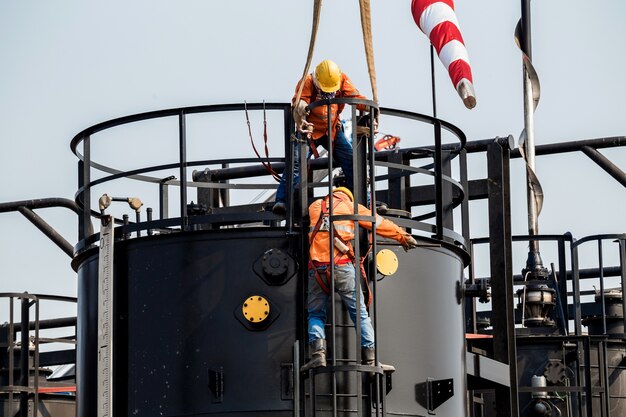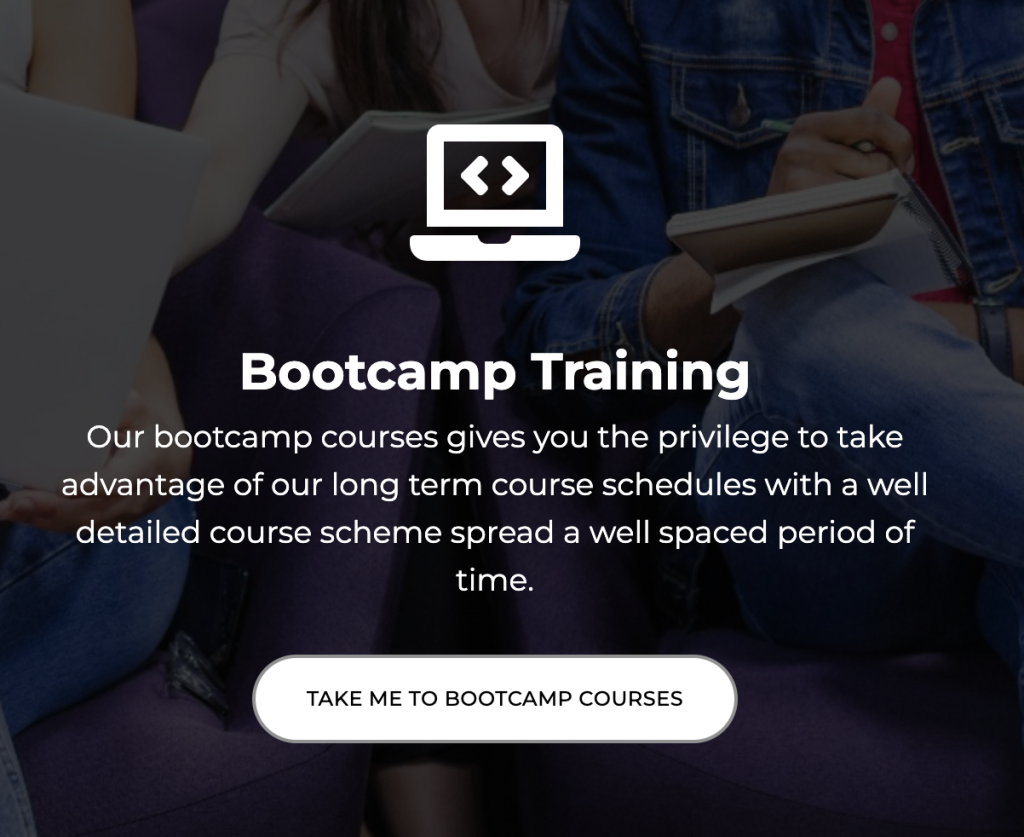Custody Transfer and Loss Prevention in Oil and Gas Midstream Transportation 6th – 10th October, 2025
- Description
- Reviews
Course Overview
This five-day specialized training program provides participants with the knowledge and skills required to manage custody transfer and loss prevention in oil and gas midstream transportation systems. The course covers best practices and principles for ensuring the accurate measurement, control, and documentation of oil and gas quantities and qualities as they are transported from production sites to processing or storage facilities. Participants will explore measurement techniques, metering systems, and the use of industry standards for custody transfer, including flow meters, pressure gauges, and temperature sensors. The training also emphasizes strategies for minimizing product loss due to leaks, theft, evaporation, or errors in measurement, and discusses the implementation of preventive measures in pipelines, terminals, and storage facilities to safeguard assets and ensure compliance with industry regulations.
Course Objectives
By the end of this course, participants will be able to:
-
Understand the principles and processes involved in custody transfer in oil and gas transportation.
-
Apply measurement techniques and metering systems used in custody transfer operations.
-
Ensure compliance with industry standards and regulatory requirements for custody transfer.
-
Identify potential sources of product loss in midstream transportation systems.
-
Implement loss prevention strategies to minimize product loss and protect assets.
-
Use industry best practices to monitor, control, and verify custody transfer transactions.
Target Audience
-
Midstream operations engineers and managers.
-
Measurement and metering system technicians.
-
Pipeline and terminal operators.
-
Safety officers and compliance specialists.
-
Quality control professionals in the oil and gas sector.
-
Professionals involved in the transportation, storage, and distribution of oil and gas products.
Daily Agenda
Day One: Introduction to Custody Transfer in Midstream Transportation
-
Overview of Custody Transfer: Understanding the importance of accurate measurements and proper documentation in oil and gas transactions.
-
Key Principles and Regulations: Industry standards, legal requirements, and best practices for custody transfer.
-
Flow Measurement and Metering: Introduction to flow meters, pressure gauges, and temperature sensors.
-
Types of Custody Transfer Systems: Manual versus automated systems, and their advantages and limitations.
-
Data Integrity and Documentation: Ensuring the accuracy of transfer data and transaction records.
-
Case Study: Analyzing a custody transfer transaction and identifying potential measurement errors.
Day Two: Measurement Techniques and Metering Systems
-
Flow Measurement Techniques: Different methods of measuring flow, including volumetric, mass, and differential pressure measurement.
-
Types of Flow Meters: Understanding the operation of various types of flow meters (e.g., turbine, ultrasonic, and Coriolis meters).
-
Pressure and Temperature Measurement: Using pressure and temperature sensors to calculate product quantities.
-
Meter Calibration and Verification: Best practices for maintaining and verifying meter accuracy.
-
Accuracy and Uncertainty in Measurements: Factors affecting the precision of measurement systems and how to mitigate errors.
-
Workshop: Hands-on experience with flow meters and metering systems.
Day Three: Loss Prevention in Midstream Transportation
-
Understanding Product Loss: Identifying common causes of product loss in transportation pipelines, terminals, and storage systems.
-
Leak Detection and Monitoring Systems: Technologies used to detect leaks and minimize product loss in transportation networks.
-
Theft Prevention Measures: Safeguarding assets through surveillance, monitoring, and alarm systems.
-
Evaporation Control: Techniques for reducing evaporation losses in storage tanks and during transportation.
-
Loss Prevention in Measurement: Ensuring accurate readings and preventing measurement errors that can lead to loss.
-
Case Study: Reviewing a real-world incident of product loss and identifying preventive measures.
Day Four: Regulatory Compliance and Best Practices
-
Custody Transfer Standards: International standards for custody transfer, including API, ISO, and other industry regulations.
-
Compliance with Environmental Regulations: Addressing environmental concerns related to product loss and contamination during transportation.
-
Quality Control Measures: Ensuring product quality during transport and transfer, and maintaining consistency in the product slate.
-
Developing Loss Prevention Plans: Strategies for creating comprehensive loss prevention programs.
-
Audit and Verification Procedures: How to conduct audits to ensure compliance with custody transfer and loss prevention standards.
-
Practical Exercise: Designing a custody transfer and loss prevention plan for an oil and gas transportation system.
Day Five: Advanced Loss Prevention Strategies and Technology Integration
-
Emerging Technologies in Custody Transfer and Loss Prevention: Innovations such as real-time monitoring, blockchain for transaction verification, and automated measurement systems.
-
Integrating IoT in Custody Transfer: Using Internet of Things (IoT) sensors for real-time monitoring and data collection.
-
Advanced Leak Detection Systems: Techniques and technologies for early detection and prevention of leaks in pipeline networks.
-
Risk Management and Asset Protection: Approaches to minimize risk and protect both financial and physical assets.
-
Continuous Improvement and Audits: Creating a culture of continuous improvement in custody transfer and loss prevention practices.
-
Final Assessment and Review: Summarizing key learnings and reviewing the practical application of course content.
Why Choose this Course?
This course provides a comprehensive understanding of custody transfer and loss prevention practices in the oil and gas midstream sector. Through practical, hands-on training and real-world case studies, participants will acquire the skills necessary to prevent product loss, ensure measurement accuracy, and maintain compliance with industry standards. By implementing the strategies learned in this course, participants will improve operational efficiency, protect assets, and contribute to the overall profitability of their organization.
Learning Outcomes
Upon completion of this course, participants will:
-
Be proficient in custody transfer practices and measurement techniques.
-
Understand the sources of product loss and how to prevent it in transportation systems.
-
Implement loss prevention strategies to safeguard assets and reduce operational costs.
-
Ensure compliance with relevant industry standards and regulatory frameworks.
-
Utilize advanced technologies for real-time monitoring and risk management in custody transfer operations.





